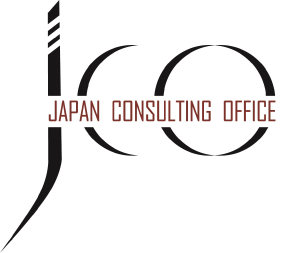“Even monkeys sometimes fall from trees”, as goes the Japanese expression. Despite over 30 years of working experience with the country, this expression came to me as I realized that I had made a cardinal mistake during a kick-off meeting with Japanese clients.
First things first, let’s gain a grasp of what this expression really means. Just as a monkey falls from a tree, sometimes even the most experienced professional finds themselves making a mistake. This is an important fact of life.
Everything had begun so positively; we had, in an informal discussion with the local Japanese general manager previous to the upcoming Zoom meeting, already laid down the cornerstones of the project.
Now, we started our first official online meeting with HQ in Japan in order to explain the process we had devised. As it was a larger Japanese company, we were not surprised when the young Japanese lady representing the company alongside 3 older male managers opened the meeting in very advanced English.
Off my colleague and I went: after a short round of introductions, we transitioned right into the bigger picture of the project, and the timeline we had envisioned for its rollout. Since nobody was interrupting with questions, we efficiently moved through the presentation and waited with anticipation for any objections or signs of approval from the Japanese side.
We were left surprised when our Japanese partners responded with a simple:
“Thank you very much for your comments. We have a question: What is this project about exactly?”
And thus, there we were, monkeys that had already fallen from the tree. The Japanese side had been completely unable to follow our explanation of the project. The problem was less a language problem and more the “un”-Japanese structure of our presentation.
For the sake of efficiency, we had hoped a rapid “macro view” introduction of the project would suffice and had planned to follow up with the details after an agreement had been reached.
But that is not how it is done in Japan; the larger goal can only be defined by going through a myriad of individual details, each of which has to be backed up by data.
Everything that is seemingly based on speculation, hypothesis, or, to put it bluntly, wishful thinking, will not pass inspection. Grandiose phrases to the tune of “imagine a world”, often working wonders in a pitch meeting in the U.S., do not have similar magic in Japan.
Back to our meeting: Now what?
As always, we began our recovery measures with an apology followed by the promise that, before the next meeting, all documents were to be sent to be checked in advance. We returned to square one and completely revamped our communication strategy as well our schedule. As a result, the project ultimately turned out to be a huge success!
So, remember: Monkeys may sometimes fall from trees too, but they just as swiftly climb their way back to the top!
If you would like to learn more about Japanese project planning, different notions of time usage in Japanese business culture, or the best pitch for a Japanese audience, why not attend a JCO online session that we run in many time zones and in many languages.
JCO: Business people training business people!







